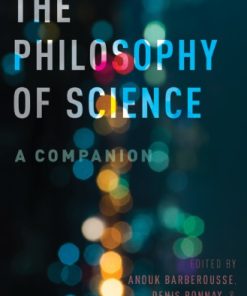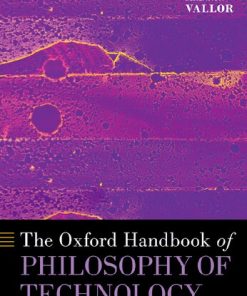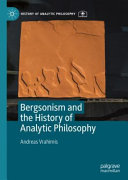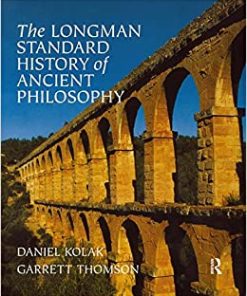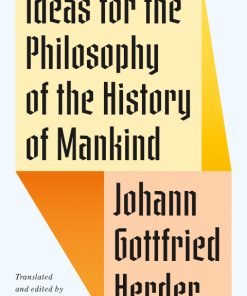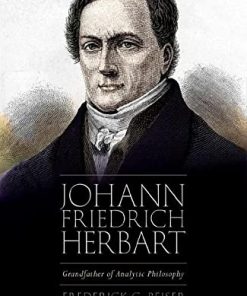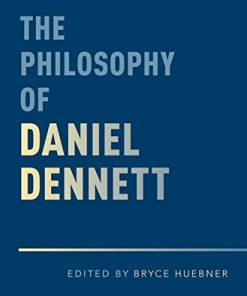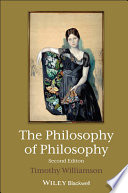Ideas for the Philosophy of the History of Mankind 1st Edition
$50.00 Original price was: $50.00.$25.00Current price is: $25.00.
Ideas for the Philosophy of the History of Mankind 1st Edition – Ebook Instant Download/Delivery ISBN(s): 9780691147185,0691147183,9780691255705, 0691255709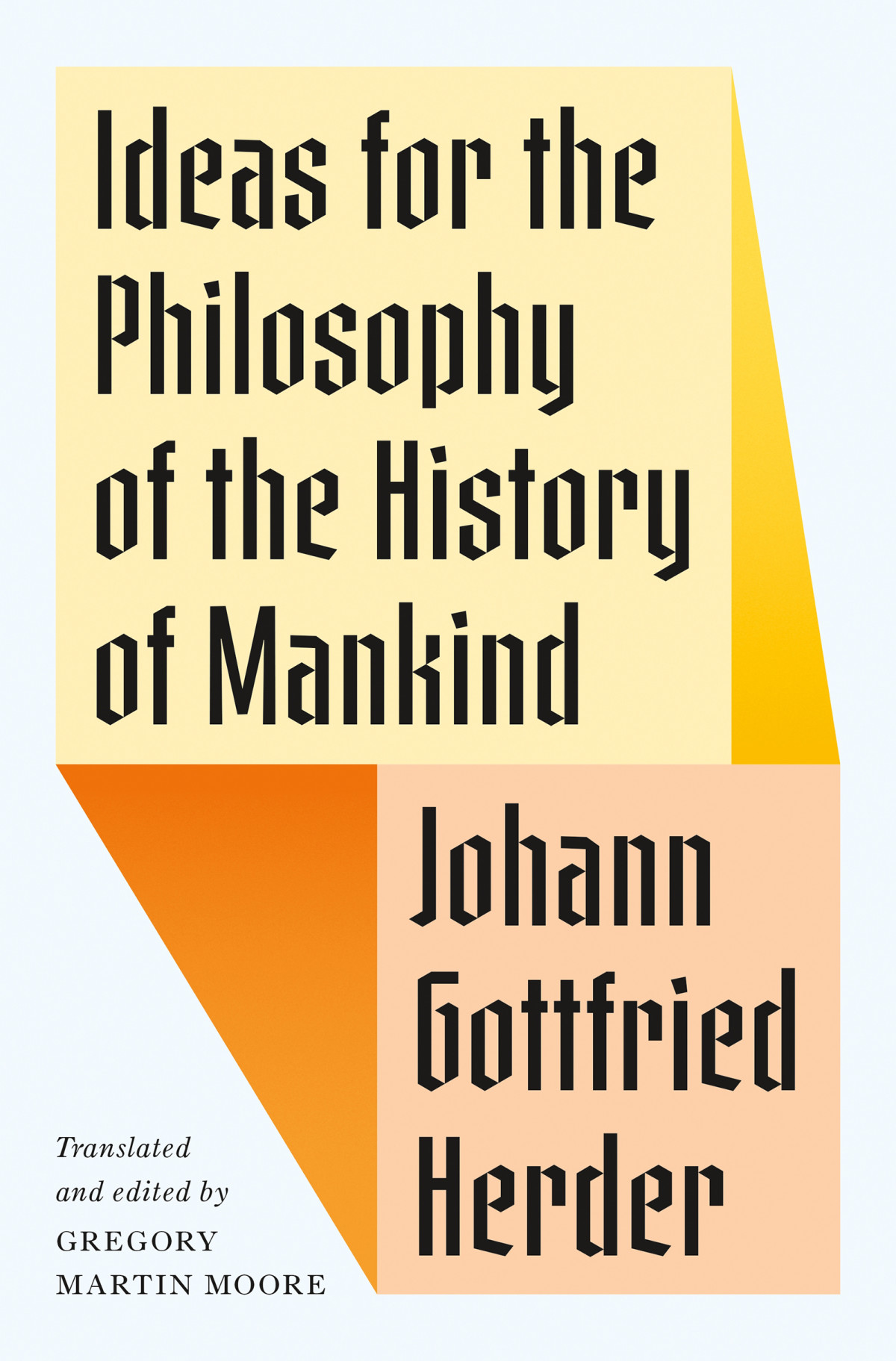
Product details:
- ISBN-10 : 0691255709
- ISBN-13 : 9780691255705
- Author: Johann Gottfried Herder
Table contents:
Book 1
I. Our Earth Is a Star among Other Stars
II. Our Earth Is One of the Middle Planets
III. Our Earth Underwent Many Revolutions before It Became What It Is Now
IV. Our Earth Is a Sphere That Rotates on Its Axis and Moves around the Sun in an Oblique Direction
V. Our Earth Is Enveloped in an Atmosphere and in Contention with Several Celestial Bodies
VI. The Planet That We Inhabit Is a Mountain of Rock That Rises Up over the Surface of the Waters
VII. The Mountain Chains Made Our Two Hemispheres the Scene of the Most Remarkable Variety and Change
Book 2
I. Our Terrestrial Globe Is an Immense Workshop for the Organization of Exceedingly Diverse Beings
II. The Vegetable Kingdom of Our Earth in Relation to Human History
III. The Animal Kingdom in Relation to Human History
IV. Man Is an Intermediate Creature among the Animals of the Earth
Book 3
I. Comparison of the Structure of Plants and Animals in Relation to the Organization of Man
II. Comparison of the Several Organic Forces Operative in the Animal
III. Examples of the Physiological Structure of Several Animals
IV. On the Instincts of Animals
V. The Advancement of Creatures to the Association of Several Ideas and to a Peculiar and Freer Employment of Their Senses and Limbs
VI. Organic Difference between Human Beings and Animals
Book 4
I. Man Is Organized for the Faculty of Reason
II. Retrospect from the Organization of the Human Head to the Inferior Creatures Approximating Its Form
III. Man Is Organized for Finer Senses, for Art, and for Language
IV. Man Is Organized for Finer Instincts and Hence for Freedom
V. Man Is Organized for the Most Delicate Health, yet at the Same Time for the Greatest Durability, and Consequently for His Dispersal across the Earth
VI. Man Is Formed for Humanity and Religion
VII. Man Is Formed for the Hope of Immortality
Book 5
I. A Series of Ascending Forms and Forces Prevails in Our Earthly Creation
II. No Force of Nature Is without an Organ; the Organ, However, Is Never the Force Itself, Which Operates by Means Thereof
III. The Nexus of Forces and Forms Is neither Retrograde nor Stationary, but Progressive
IV. The Realm of Human Organization Is a System of Spiritual Forces
V. Our Humanity Is Only Preparatory, the Bud of a Future Flower
VI. The Present State of Man Is Probably the Connecting Link between Two Worlds
Part Two
Book 6
I. Organization of the Peoples Living Near the North Pole
II. Organization of the Peoples on the Asiatic Ridge of the Earth
III. Organization of the Finely Formed Peoples of This Region
IV. Organization of the African Peoples
V. Organization of Mankind in the Islands of the Tropics
VI. Organization of the Americans
VII. Conclusion
Book 7
I. Though Mankind May Appear in Such Various Forms throughout the World, They Belong to One and the Same Species
II. The One Species of Man Has Acclimatized Itself Everywhere on Earth
III. What Is Climate, and How Does It Affect the Formation of Man’s Body and Soul?
IV. The Genetic Force Is the Parent of All Forms on Earth, Which the Climate Affects Either Adversely or Beneficially
V. Concluding Remarks on the Conflict between Genesis and Climate
Book 8
I. The Sensibility of Our Species Varies with Its Forms and Climate; But It Is a Human Employment of the Senses That Everywhere Leads to Humanity
II. The Imagination of Men Is Everywhere Organic and Climatic, but Everywhere Guided by Tradition
III. The Practical Understanding of Mankind Has Everywhere Developed in Response to the Demands of a Particular Mode of Life; but Everywhere It Is the Flower of National Genius, the Offspring of Habit and Tradition
IV. The Sensations and Instincts of Men Are Everywhere Adapted to the Conditions in Which They Live and to Their Organization; But Everywhere They Are Governed by Opinions and Habit
V. The Happiness of Man Is Everywhere an Individual Good; Consequently It Is Everywhere Climatic and Organic, the Offspring of Practice, Tradition, and Habit
Book 9
I. For All That Man Fondly Imagines That He Produces Everything from Himself, yet He Depends on Others for the Development of His Faculties
II. The Particular Means of Forming Man Is Language
III. All the Arts and Sciences of the Human Species Have Been Invented by Means of Imitation, Reason, and Language
IV. Governments Are Orders of Men, for the Most Part Established on the Basis of Inherited Tradition
V. Religion Is the Oldest and Most Sacred Tradition in the World
Book 10
I. Our Earth Is Specially Formed for Its Living Creation
II. Where Was Man Formed and Where His Most Ancient Abode?
III. The Course of Culture and of History Furnishes Proof That the Origin of the Human Species Was in Asia
IV. Asiatic Traditions on the Creation of the Earth and Origin of Mankind
V. The Oldest Written Tradition on the Beginnings of Human History
VI. Continuation of the Oldest Written Tradition on the Beginnings of Human History
VII. Conclusion of the Oldest Written Tradition on the Origin of Human History
Part Three
Book 11
I. China
II. Cochin-China, Tonkin, Laos, Korea, Eastern Tartary, Japan
III. Tibet
IV. Hindustan
V. General Reflections on the History of These States
Book 12
I. Babylon, Assyria, Chaldea
II. Medes and Persians
III. Hebrews
IV. Phoenicia and Carthage
V. Egyptians
VI. Further Ideas on the Philosophy of Human History
Book 13
I. The Situation and Population of Greece
II. The Language, Mythology, and Poetry of Greece
III. The Arts of the Greeks
IV. The Moral and Political Philosophy of the Greeks
V. Scientific Endeavors of the Greeks
VI. History of the Revolutions in Greece
VII. General Observations on the History of Greece
Book 14
I. Etruscans and Latins
II. The Establishments by Which Rome Arrived at Political and Military Ascendancy
III. Conquests of the Romans
IV. The Decline of Rome
V. Character, Sciences, and Arts of the Romans
VI. General Observations on the Fate and History of Rome
Book 15
I. Humanity Is the End of Human Nature, and with This End God Put the Fate of Mankind in Their Own Hands
II. All Destructive Forces in Nature Must Not Only Yield, in the Course of Time, to the Preservative Forces, but Must Themselves Ultimately Promote the Consummation of the Whole
III. Mankind Is Destined to Pass through Various Degrees of Culture; but Their Enduring Welfare Is Founded Solely and Essentially on Reason and Equity
IV. By the Laws of Their Inner Nature, Reason and Equity Must, in the Course of Time, Gain a Greater Foothold among Mankind and Promote a More Enduring Humanity
V. A Wise Goodness Presides over the Fate of Mankind; Hence There Is No Nobler Dignity, No Purer or More Lasting Happiness Than to Work in Concert with It
Part Four
Book 16
I. Basques, Gaels, Cymry
II. Finns, Latvians, and Prussians
III. The German Peoples
IV. Slav Peoples
V. Foreign Peoples in Europe
VI. General Remarks and Conclusions
Book 17
I. The Origin of Christianity, together with Its Fundamental Principles
II. Propagation of Christianity in the East
III. Progress of Christianity in the Greek Lands
IV. Progress of Christianity in the Latin Provinces
Book 18
I. The Kingdoms of the Visigoths, Suebi, Alans, and Vandals
II. Kingdoms of the Ostrogoths and Lombards
III. Kingdoms of the Alemanni, Burgundians, and Franks
IV. Kingdoms of the Saxons, Northmen, and Danes
V. The Northern Kingdoms and Germany
VI. General Remarks on the Establishment of the German Kingdoms in Europe
Book 19
I. Roman Hierarchy
II. Effect of the Hierarchy on Europe
III. Secular Protectors of the Church
IV. Kingdoms of the Arabs
V. Effects of the Arab Kingdoms
VI. General Reflections
Book 20
I. The Commercial Spirit in Europe
II. The Spirit of Chivalry in Europe
III. The Crusades and Their Consequences
IV. The Culture of Reason in Europe
V. Institutions and Discoveries in Europe
VI. Concluding Remarks
People also search:
ideas for philosophy papers
ideas on the philosophy of the history of mankind
a philosophy based on the ideas of respect
big ideas the little book of philosophy
history of modern philosophy by richard falckenberg
You may also like…
Politics & Philosophy - Anthropology
Politics & Philosophy - Others
Uncategorized
Uncategorized
Politics & Philosophy - General & Miscellaneous Philosophy
Ideas for the Philosophy of the History of Mankind 4th Edition Johann Gottfried Herder
Politics & Philosophy - Philosophical Positions & Movements
Johann Friedrich Herbart: Grandfather of Analytic Philosophy 1st Edition
Politics & Philosophy - Social Sciences
Politics & Philosophy - General & Miscellaneous Philosophy




